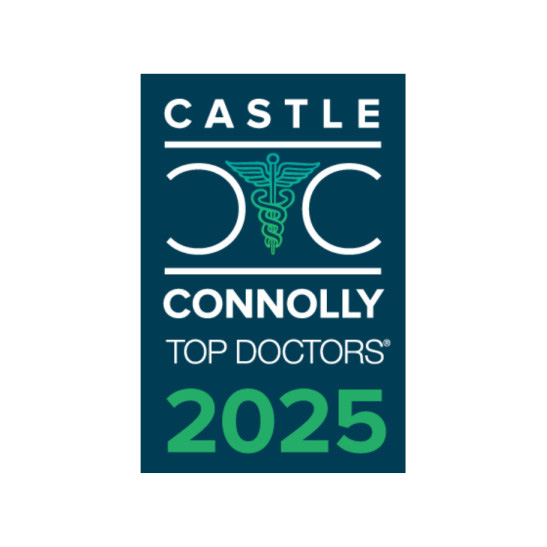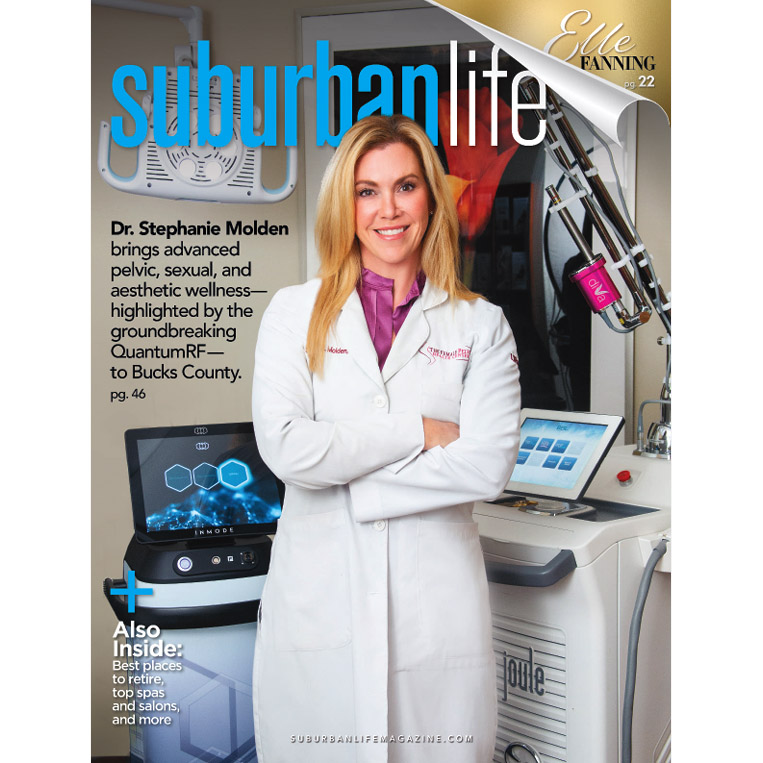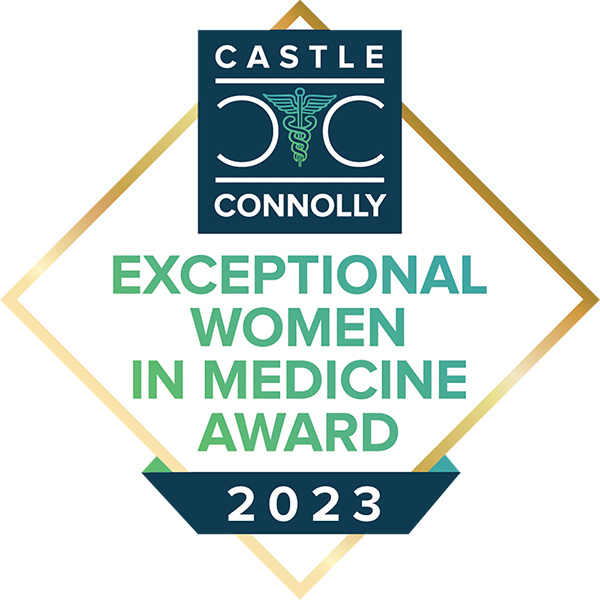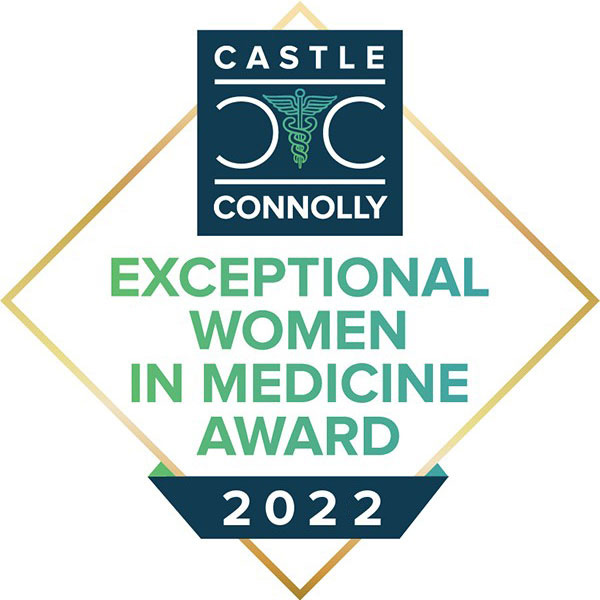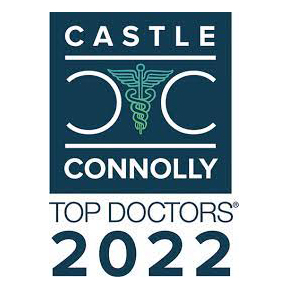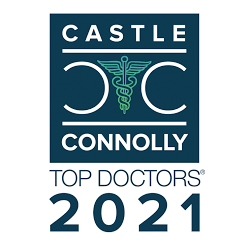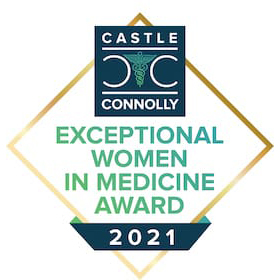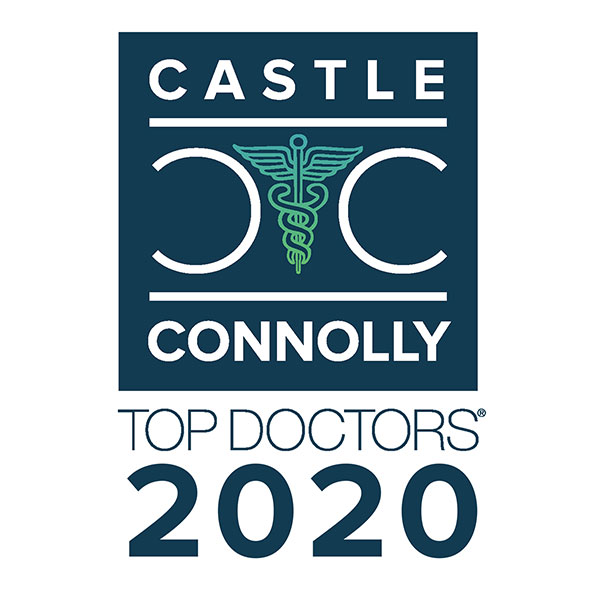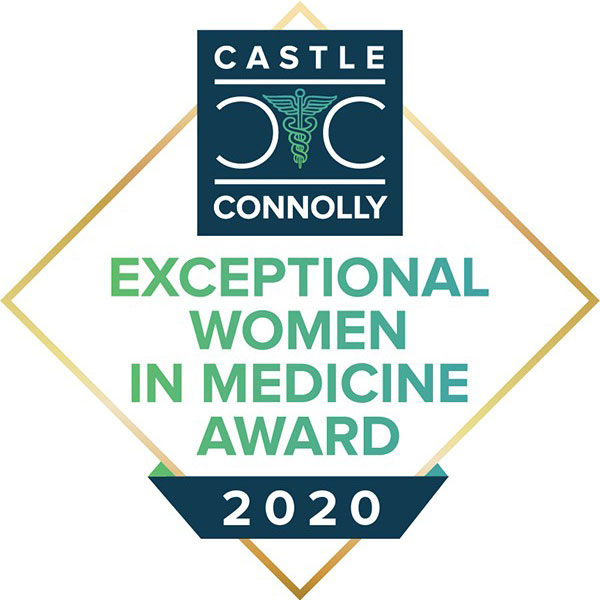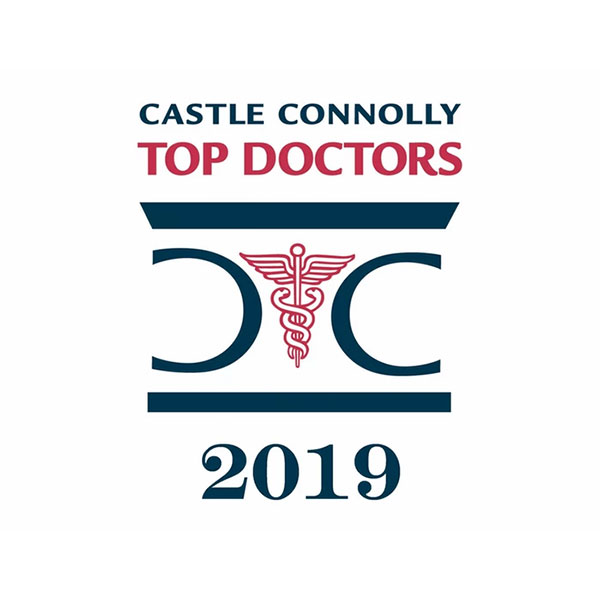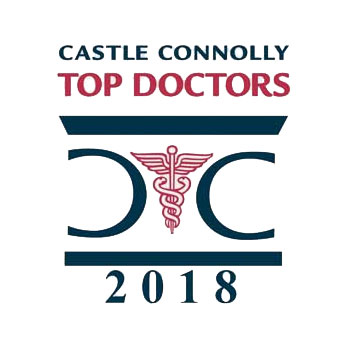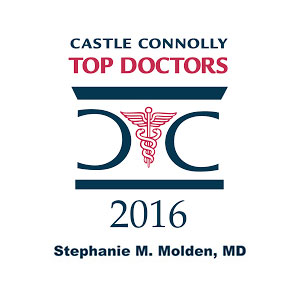This article appeared in December 2011 in Ostomy Wound Management.
Addressing the Silent Suffering
by: Stephanie Molden, MD
Knowing that approximately 25% of women in the US are affected by pelvic floor disorders, it is not surprising to observe the rise of female pelvic health centers nationwide. Women throughout the country are regaining hope, confidence, and more control over their lives because of the treatment they receive at such centers.
Women in the greater Philadelphia (PA) area have several facility options, because there is an unusually high number of urogynecologists concentrated around the city as compared to other parts of the country. The Female Pelvic Health Center in Newtown, PA treats the distressing and sometimes debilitating symptoms that most women will discuss only in whispered tones, if they choose to discuss them at all. Feminine-health issues such as pelvic organ prolapse (“dropping” of the uterus, vagina, rectum, urethra, or bladder); urinary incontinence; recurrent urinary tract infections; and lingering bladder pain are among the many disorders treated at the Center.
Although most of these conditions are typically not life-threatening, they can prevent an otherwise healthy woman from living her life to the fullest. At The Female Pelvic Health Center, we often refer to women who experience these issues as “suffering in silence” because they don’t always talk about these concerns with their physicians. Many of our patients think such issues are a normal part of aging despite the many treatments available. Plus, not all physicians ask about the state of a woman’s pelvic health. But with the latest approaches and therapies, along with the minimally invasive surgical techniques offered at the Center, we often can cure these problems and help improve a woman’s quality of life. Women need to know there are solutions to their problems.
The most common issues treated by the Center’s all-female staff are related to the loss of bladder control. Women of all ages can experience urinary incontinence; 30% of women 65 years of age and older are affected. One of the most common forms is stress incontinence — ie, leakage of urine with activities such as coughing, sneezing, and exercise. Stress incontinence can be easily treated with muscle strengthening or minor outpatient procedures. Urge incontinence, or leakage associated with the urge to urinate, becomes more common with age and often is treated with lifestyle modifications, medications, and increasing pelvic tone. Other options include bladder Botox injections, weekly posterior tibial nerve stimulation therapy, and sacroneuromodulation (using an implant that acts like a pacemaker for the bladder). Incontinence also can be related to problems associated with pelvic structure support, specifically bladder prolapse (cystocele); one in five women over the age of 60 years undergoes surgery for prolapse. At our center, we offer prolapse repairs with minimally invasive techniques such as vaginal repairs with hidden incisions or robotic-assisted laparoscopy.
The Center prescribes the best possible treatment, whether surgical or nonsurgical, based on each patient’s individual symptoms and examination. On the nonsurgical side, treatment options include biofeedback therapy and pelvic muscle training to strengthen weak pelvic floor muscles as a way to help patients regain their control and confidence. When surgery is necessary at my center, I perform procedures designed to minimize trauma to the body, reduce blood loss, and lessen postoperative pain, among other benefits.
Until recently, women suffering with these problems did not know where to go and whom to see for expert treatment. Even now, many women are unaware of the best current treatment options that are associated with higher success rates. The steady growth of facilities like The Female Pelvic Health Center has facilitated the proliferation of authorities in the growing field of urogynecology, and subsequently, improved outcomes.
If you or your patients are seeking the specialized care available at pelvic health centers, you can google the topic to find the center closest to you. If you are fortunate to live in or near Philadelphia, plan to contact our facility at www.fphcenter.com.
Dr. Molden, a fellowship-trained urogynecologist, is Medical Director/President, The Female Pelvic Health Center, Newtown, PA. She also serves as the Chair of robotic surgery at St. Mary’s Medical Center, Langhorne, PA. This article was not subject to the Ostomy Wound Management peer-review process.


